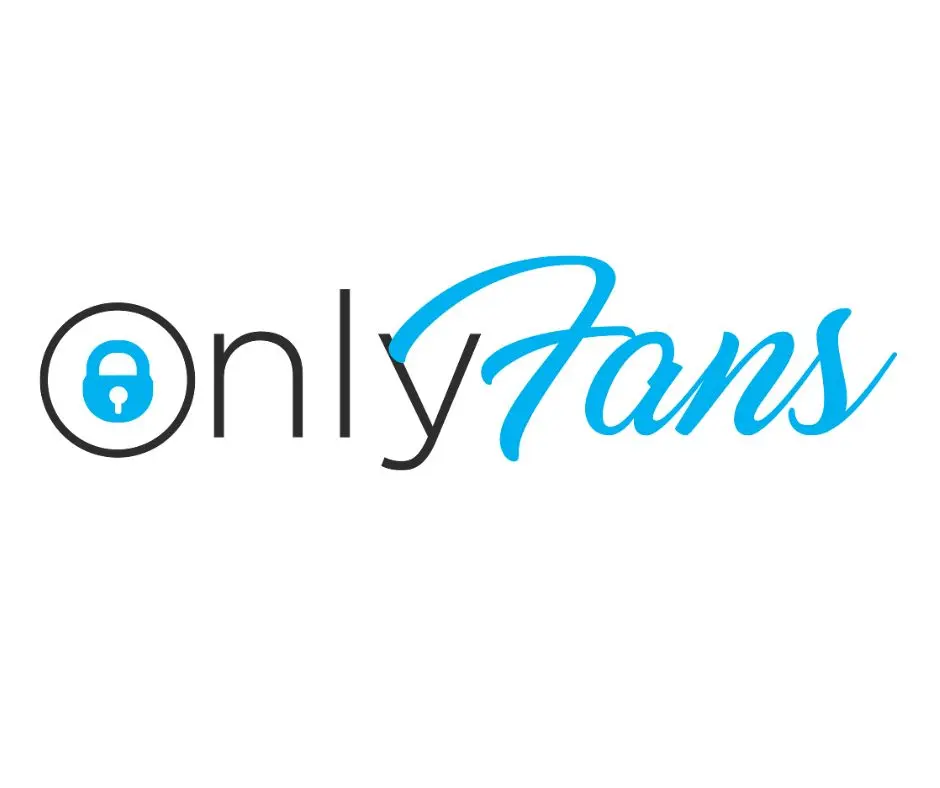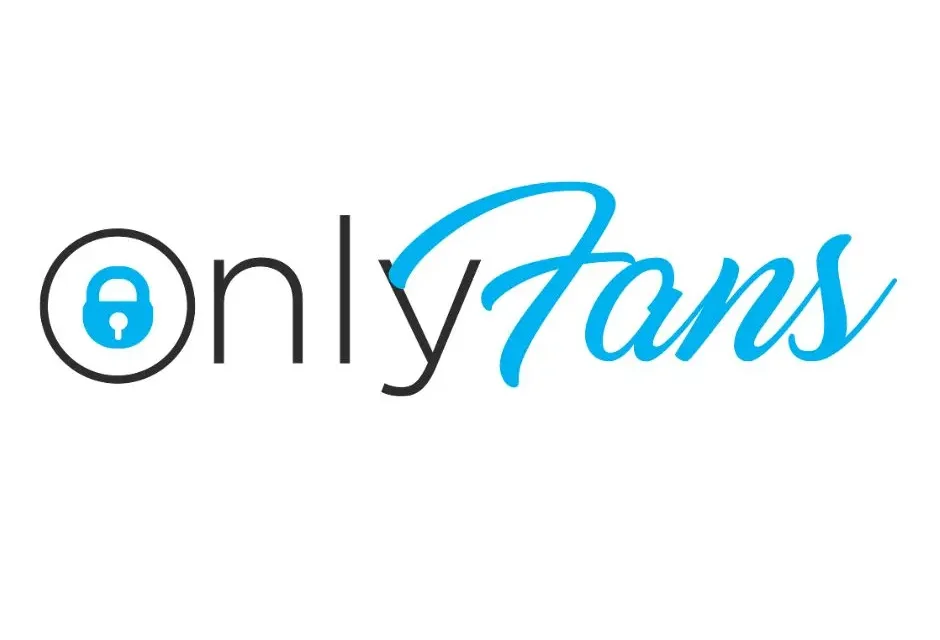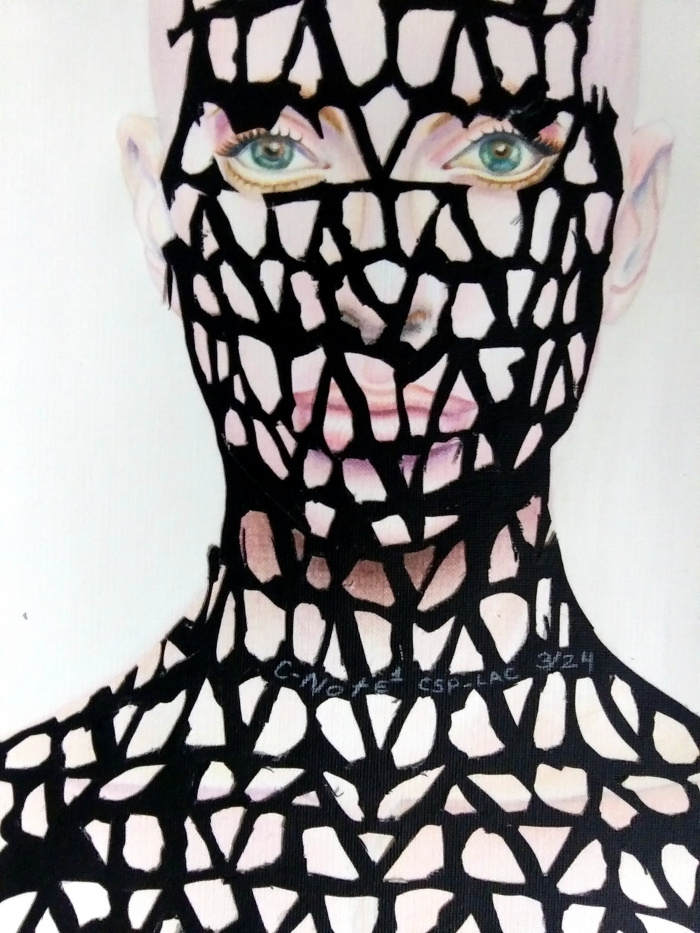
Emotional Fraud and Fake DMs: The Class Action Challenging OnlyFans’ Illusion of Intimacy.
Two men thought they were building something real — or at least personal — with the creators they followed on OnlyFans. Messages were flirty, familiar, sometimes deeply emotional.
But behind the screen, it turns out, wasn’t the person they believed they were connecting with. It was someone else entirely.
Now, M. Brunner and J. Fry, both from Illinois, are taking OnlyFans’ parent companies to court in a proposed class action, accusing the platform of helping creators deceive subscribers through the use of hired “chatters” – people paid to impersonate models and handle their messages.
The lawsuit taps into a bigger issue bubbling beneath the surface of many online platforms: what happens when digital connection turns out to be a performance?
A Deeper Kind of Deception
Brunner and Fry say they spent time, energy, and money thinking they were talking directly to the creators they subscribed to. Instead, they were unknowingly interacting with paid agencies — a common but rarely discussed practice where creators outsource their DMs and even personalized content to third parties who pose as them.
In their complaint, Fry says he started noticing red flags — inconsistent details, repeated errors, and messages that felt oddly scripted. Brunner had a different realization: there’s simply no way one person could manage 700,000 fans alone and still send personalized messages. Something didn’t add up.
“If you’re telling customers that you’re giving them one thing, but instead giving them something else, then that seems like a paradigm case of a deceptive business practice,” said Brian Berkey, Associate Professor of Legal Studies and Business Ethics at the University of Pennsylvania’s Wharton School.
Intimacy as a Product — and a Legal Risk
This case isn’t just about money. It’s about emotional authenticity — and whether platforms like OnlyFans have a legal duty to be upfront when the intimacy they’re selling is, well, outsourced.
“There’s an expectation of privacy and confidentiality that you think is there — and it’s not,” said Robert Carey, an attorney based in Phoenix who filed a related class action last year.
While this might sound like a niche corner of the internet, it’s actually part of a much larger trend. As digital platforms blur the lines between performance and reality, users are forming relationships with creators — or at least the idea of them — often without knowing who’s really behind the keyboard.
OnlyFans Responds — Sort Of
OnlyFans, for its part, says creators are free to hire whomever they want. In a previous statement to Cosmopolitan, a company spokesperson emphasized that any third party a creator works with “does not work on behalf of OnlyFans and is not affiliated with the company in any way.”
In other words: “It’s not our job to make sure the person you’re talking to is who you think it is.”
The company has not publicly responded to the Brunner and Fry lawsuit, though it’s facing growing scrutiny around these so-called “chatter scams.” In fact, several related lawsuits were filed just last summer — and one of them is headed for trial in 2027.
The Legal Big Picture
This isn’t your typical fraud case. The lawsuit argues that OnlyFans, by allowing creators to impersonate themselves via agencies, violated basic principles of contract law — namely, that users didn’t get what they were promised. It also raises questions about whether emotional manipulation, under false pretenses, can fall under deceptive business practices laws.
But for the class action to move forward, Brunner and Fry still need to convince a court that others were similarly misled — and that the damage, even if largely emotional, was real and widespread.
It’s a tough sell. Courts are used to dealing in dollars and data, not hurt feelings.
What’s a “Chatter,” Anyway?
In the world of subscription-based platforms like OnlyFans, a chatter is someone hired — usually by a creator or an agency — to respond to fan messages as if they were the creator themselves.
How it works:
-
Chatter teams use creator profiles to manage DMs.
-
They might send flirty messages, suggest custom content, or even initiate upsells.
-
Some go as far as recording “personalized” audio or video — using scripts written for them by fans.
Is this legal?
Technically, yes — as long as it’s disclosed. The controversy starts when fans believe they’re talking to the actual creator and spend money under that impression.
Why it matters:
-
It blurs the line between fantasy and deception.
-
Fans may share personal or sensitive messages, believing there’s a real relationship.
-
Creators can scale their business — but at the potential cost of trust.
More from Lawyer Monthly:
This post was originally published on this site be sure to check out more of their content.






